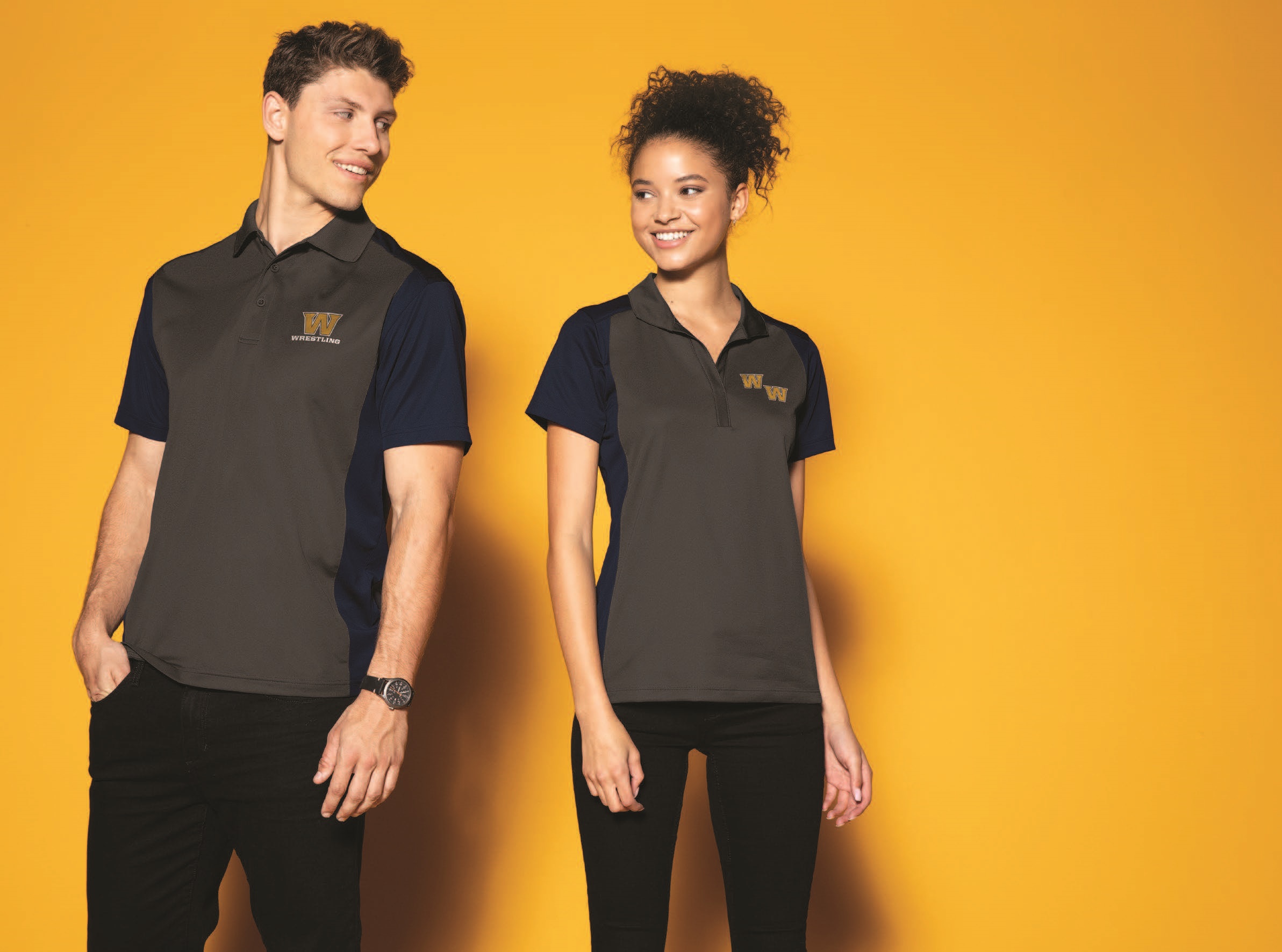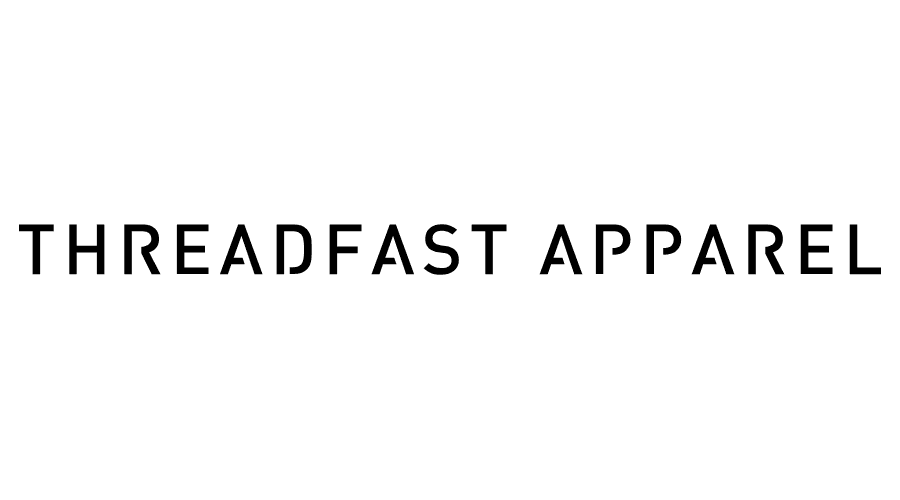Whenever a big name in either e-commerce or retail starts flirting with the branded merchandise, the initial reaction is to either downplay it or fear it. We’ve seen Amazon and Walmart make things hard for other businesses, so once they launched their own promo-related businesses, there was naturally reason for concern. We saw the same thing with the recent rise of the gifting-as-a-service model.
But, for the most part, these companies have existed in the same space as the traditional promotional products industry without disrupting things too much, or at all.
The latest development from H&M, however, might be different enough to cause a few waves.
The Creator Studio, a new project by the Swedish fast fashion company, will first work with musical artists to run merchandise stores. H&M has already created licensed merchandise for big-time acts like The Weeknd and Madonna, but this new platform looks to significantly expand that via the company’s on-demand printing capabilities.
Here’s a description of the business model via a now-expired April 2021 job listing for a Creator Studio brand coordinator position:
We’re a digital first, end-to-end on-demand platform with the goal set to challenge the market of branded merchandise around the world. We do so by hooking up creators such as artists, athletes, teams or individuals, giving them a canvas for creativity and expressions, while being a globally trusted partner operating their merch stores. With our backbone from H&M Group’s ecosystem we can provide our creators on-demand printing through a sustainable supply chain and a global network. With our unique capabilities and offering we empower creators everywhere, big or small—local or global, and let them focus on what they do best.
“Since every single piece is only produced if bought by a customer, any creator has the possibility to start tailoring their message, let the creativity flow and focus on building meaningful relationships with their fans,” Dinesh Nayar, managing director of Creator Studio, told Bloomberg. “With our platform and service, we are creating a risk-free revenue opportunity for bands and performers where the minimum order is one and can be fulfilled within days.”
According to Business Times, H&M also partnered with Doors, a Swedish “one-stop-shop platform” where artists can perform livestreamed concerts, which have gotten more popular as a result of the pandemic.
We’ve seen plenty of outside companies enter the branded merchandise space before—Amazon, Walmart, FedEx, etc. There hasn’t been a “Main Street Killer” in the promotional products industry yet. But, with H&M’s ability to do all of its Creator Studio manufacturing and decoration in-house, coupled with the growing partnerships with A-list musical acts and online concert platforms, there’s reason to believe that this could have greater disruption potential.
H&M’s revenue in a pandemic-impacted 2020 topped $20 billion, and as of 2019 the brand had stores in 74 different countries. It has the deep financial resources and international clout to make significant in-roads in the branded merchandise space. As noted, it also has complete control over its supply chain, from manufacturing and decoration to logistics and warehousing, giving it a sizeable advantage given the current state of the global supply chain and the dire projections for when it will return to normal.
Still, it’s not time to press the panic button. H&M could certainly threaten direct competitors in the music merchandise space, such as other platforms that serve as “virtual merch tables” for concerts or even streaming services that start introducing artist merchandise. Those businesses have popped up because of the changing consumer habits and demands, and H&M might just be the one that does it better than some of the competition.
“Before everyone gets too bent out of shape, keep in mind that this is simply the logical next step in licensing and merchandising,” Seth Weiner, president and CEO of Sonic Promos, told Promo Marketing in an email. “Any companies that are currently working in trademarked goods have similar programs in place to manage on-demand sourcing that is global and sustainable.”
But it’s worth watching H&M to see how far it decides to go with Creator Studio. Much like Amazon, the company has the existing infrastructure and on-demand printing capabilities in place to pull off a far bigger foray into branded merchandise. If its initial efforts in the live entertainment market go well, H&M could easily expand into other markets and look to lure more business.
Until that happens, we’ll mostly just have to speculate about the potential business impact for the industry. And, ultimately, H&M is just one company, making it exceedingly unlikely that it will bring about a doomsday scenario for promo.
“Personally, I am all for platforms like this,” said Weiner. “The need is there. It is not a lane that I would want to be in. The idea of managing 3,000 unique and individual on-demand orders does not interest me. Neither do the returns.”



